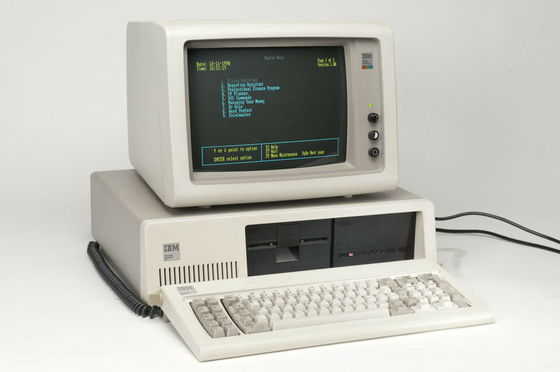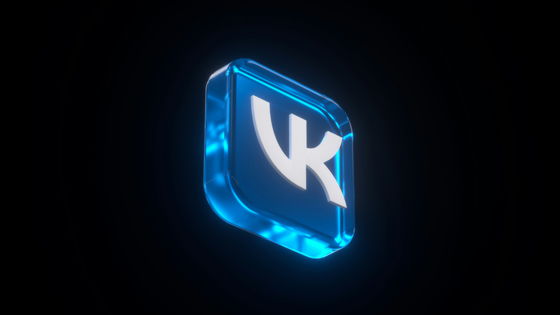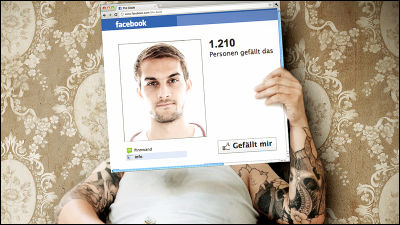Pavel Durov, the founder of Telegram, which has over 900 million users, gives his first on-camera interview in 10 years and talks about the twists and turns that led to the creation of Telegram.

A rare video of
The Tucker Carlson Interview: Pavel Durov
https://tuckercarlson.com/the-tucker-carlson-interview-pavel-durov

Transcript of Pavel Durov from The ... | Happy Scribe
https://www.happyscribe.com/public/the-tucker-carlson-podcast/pavel-durov
Pavel Durov, founder of Telegram, is a French-Russian born in the Soviet Union in 1984. Durov said about his childhood, 'In the Soviet Union at that time, I was able to witness the flaws of a centralized system. When I was four years old, my family moved to Italy. And I was able to compare what I saw when I traveled to Italy with what I experienced in the Soviet Union. And, at least for me, I felt that the capitalist system and the free market system were definitely better. I went to school in Italy and became a European. But when the Soviet Union collapsed, our family moved back to Russia. My brother and I had a great time in Italy. My brother was a genius boy who could solve cubic equations at just 10 years old, and he even appeared live on Italian television.'
When he started school in Italy, Durov couldn't speak Italian. Because of this, many teachers said, 'This child will not succeed in our school,' Durov recalls. However, by the end of his first year at school, Durov was the second best student in his grade, and by the end of his second year, he was the best student in his grade. Through this experience, Durov realized that he liked competitive environments.
The family was able to return to Russia when Durov's father, a well-known scholar of ancient Roman literature, was offered a teaching position at St. Petersburg State University. Regarding school life in Italy and Russia, Durov says, 'The experiences were very different, but I enjoyed them nonetheless.'
In the 1990s, there was an experimental school in Russia that taught everything, where you could learn six foreign languages at once, and you could study advanced mathematics and chemistry at the same level as you would in a mathematics school. Durov's brother was a world champion in mathematics and has won multiple international Olympiads in mathematics and programming.
After returning to Russia, Durov was the top student in school and was passionate about coding and design. When he returned from Italy in the early 1990s, he brought an IBM PC/XT to Russia, so 'we were one of the few families in Russia who could teach themselves programming.'

by
After entering university, Durov tried his hand at programming, building websites for his friends, and then at the age of 21, he founded ' VK ', also known as the Russian Facebook. Durov said, 'I don't like calling VK the 'Russian Facebook' because VK had accomplished a lot before Facebook came along and contributed greatly to the development of the social media industry after that,' expressing his dissatisfaction with being called the 'Russian Facebook.'
VK has since grown into the largest and most popular social network in former Soviet countries such as Russia, Ukraine, Belarus, and Kazakhstan. At one point, Durov was the only employee of VK. 'I wrote the code myself, designed it myself, and managed the servers myself. It was a very hard time. I was also responding to customer support requests and barely slept, but it was a very enjoyable experience,' Durov said.
VK then grew as a company, reaching 100 million active users. This was a significant figure at the time. However, around 2011-2012, VK first ran into problems. At the time, Durov was a strong believer in freedoms such as 'freedom of speech' and 'freedom of assembly.' However, when Russian opposition parties used VK to lead large-scale protests in Russia, with about 500,000 people gathering in the city's main square to protest, the Russian government requested that the VK community be closed for protests.
Durov, who believed in 'freedom of speech,' refused. 'At the time, we made the decision not to take sides in the political struggle, but to protect freedom of speech and freedom of assembly. We believed that it was the right thing to do,' Durov said of his decision. The government was not happy with VK's response, but there were no concrete conflicts.
Later, in 2013, anti-government protests using VK were held in Ukraine. VK was then asked by the Russian government to provide personal information of the protest organizers. VK responded to the government by saying, 'Wait a minute. This is an event in another country,' but the Russian government asked him to either 'follow the request from the Russian leadership' or 'sell his shares in the company, resign as CEO, and leave the country.' So Durov decided to sell VK and leave Russia again.

Regarding the sale of VK, Durov said, 'It was a little painful because VK was my treasure. I created it, and a lot of creativity, time and effort was poured into it. But at the same time, I understood that I wanted to be free. ' 'My whole life was about freedom. My desire was to enable everyone to express their freedom using the platform I created. This was the mission of Telegram and also the mission of my previous company, VK.'
In response, interviewer Carlson said, 'When the Russian government asked Durov to censor political opponents on VK, he refused. He said he would rather resign as CEO of a major company and leave his country than join in that. That's how he approaches free speech. Compare that to Mark Zuckerberg and Parag Agrawal, who ran Twitter (now X) before Elon Musk bought it. Both of them worked with the government to censor people, which is shameful. We believe that Durov's Telegram will be a bastion of free speech, because it is. We believe him because he shows how committed he is to that.' He praised Durov.
Durov, who left Russia in this way, said that he had been nurturing the idea for Telegram since he was based in Russia. When he came up with the idea for Telegram, Durov said, 'I refused to censor opposition groups, and armed police tried to break into my house. At that moment, I realized that I didn't have a secure means of communication.'
At the time, all the messaging apps that Durov could use were unencrypted. So Durov consulted his brother to realize the idea of an 'encrypted messaging app.' Durov said, 'My brother is a genius, so with just a few modifications, he managed to create the encryption standard that is still used today.' According to Durov, his brother has two doctorates in mathematics and is an expert in cryptography, so he was able to design the basic principles of encryption for communications. Durov himself is responsible for developing Telegram's user interface (UI), how the app works, its functions, etc.

After leaving Russia, Durov first went to Berlin, Germany. He then went to various places such as London, Singapore, and San Francisco to try to set up a company, but he found it difficult to set up a company in these places due to local laws. For example, if you set up a company in Berlin, you must first advertise a job in a local newspaper or magazine, and wait six months before you can hire people from outside the EU.
As a result of searching for a place where such hurdles did not exist, Durov came across Dubai. At first, he planned to live in Dubai for only six months, but he quickly realized that it was a great place and decided to make it Telegram's home base. Durov lists three great things about Dubai: 'As long as you make a good salary, it's easy to get a residence permit,' 'Taxes are low,' and 'The infrastructure is great.'
Although Telegram is based in Dubai, it has never received any pressure from the UAE government to 'install a backdoor,' 'block specific individual accounts,' or 'make any changes to Telegram.' Durov said, 'It's been seven years since we came here, and the UAE has never put any pressure on Telegram. The government has been very cooperative and very helpful. This is completely different from what we have experienced in other countries around the world.'
Because Telegram is popular in many countries, the company receives various requests and demands from regulators around the world. Some groups promote violence, others spread terrorist activities, and others post content that any decent person would not allow or want to see posted. Durov said that the company is happy to comply with requests from government authorities to censor these groups, but he also said that 'if the request does not fit our values of protecting freedom of speech and personal communications, we will ignore it.'
Related Posts:
in Web Service, Posted by logu_ii







